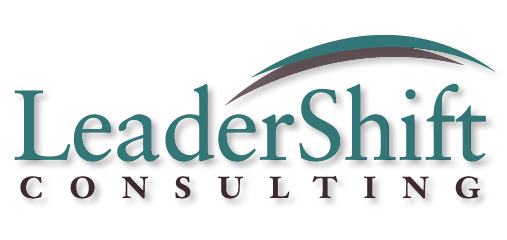“Everybody is a genius. But, if you judge a fish by its ability to climb a tree, it’ll spend its whole life believing that it is stupid.” – Albert Einstein
Many of the ‘smartest’ executives I know have the greatest difficulty seeing the genius in the people around them. I see this especially with grit-based leaders, who often suffer from what I call “smart people’s disease.” It’s an affliction of the very intelligent, who feel they are surrounded by people who just don’t measure up to their standards. They have succeeded by knowing what they know, doing what they do in the way they do it, and acting and thinking as quickly as they think and act. And they assume that everyone else should and could do the same. In other words, they are expecting fish to climb trees.
As long as these leaders expect others to be carbon copies of themselves, they will be endlessly disappointed. They will also be unable to recognize, cultivate and leverage the sheer mastery all around them. And, as Einstein says, they will also be making a lot of geniuses feel stupid. This benefits absolutely no one.
What about you?
Try making a list of all the people in your world (staff, colleagues, bosses etc.) whom you feel just ‘don’t get it.’
Identify exactly what it is that each of these folks doesn’t ‘get.’
Then, identify at least one area of “genius” in each of the people you’ve listed. If you can’t find it, you haven’t looked hard enough.
How does that help you see this person differently?
As a leader, what can you do to help this person utilize his/her genius? How can you more intelligently and respectfully leverage that genius to benefit the team or the organization?
And if there really is no place for this ‘fish’ in your team or organization, then how can you help them find the water where they can really swim?
